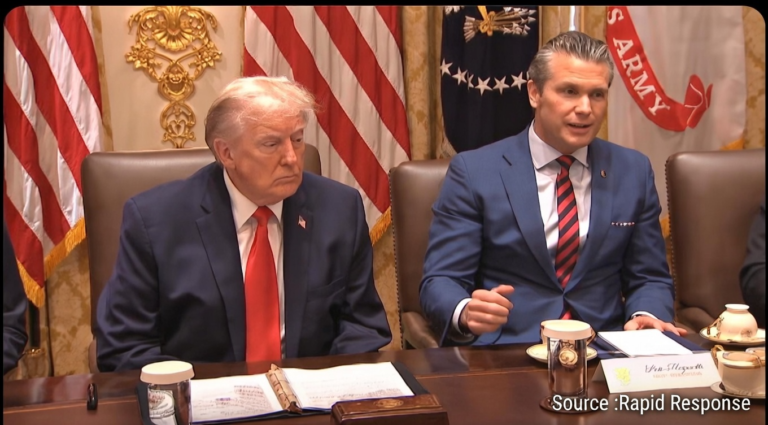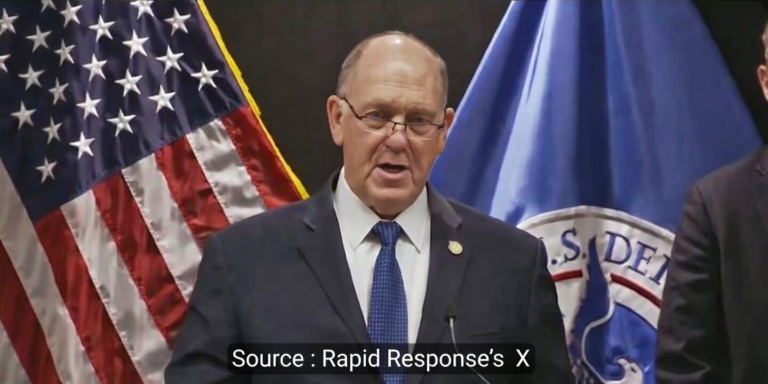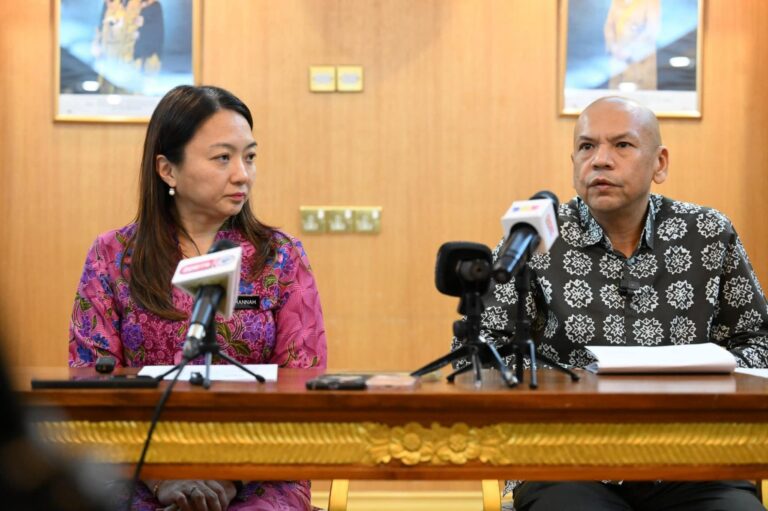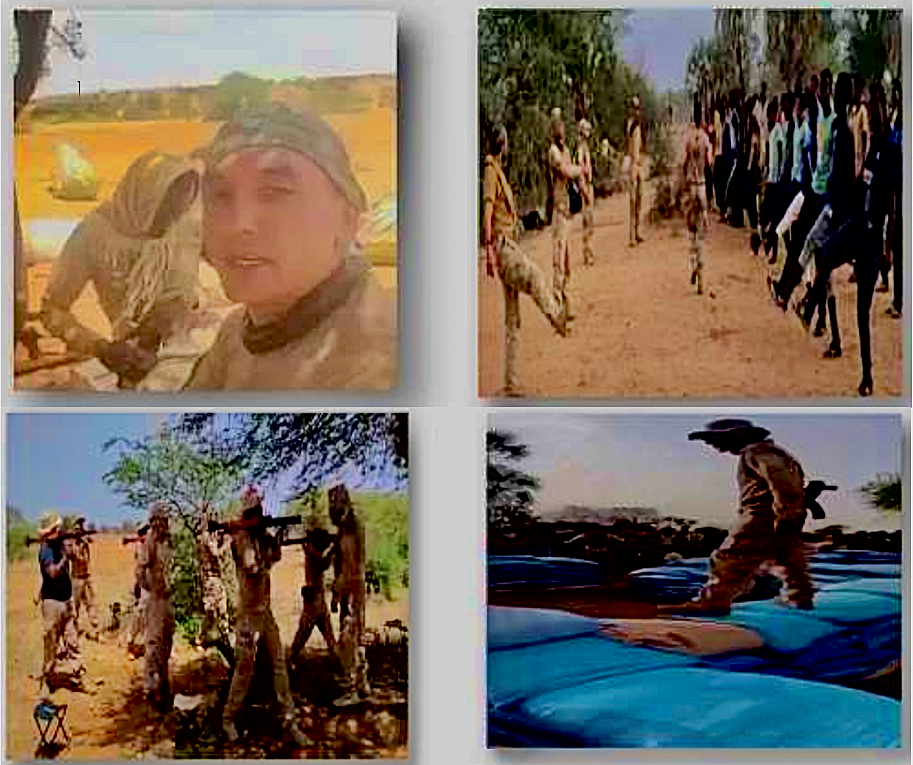
Kuala Lumpur – September 23, 2025
The Cultural Attaché at the Sudanese Embassy in Kuala Lumpur, Hassan Al-Hassan, revealed alarming details about the involvement of hundreds of Colombian mercenaries in Sudan’s ongoing war. He stressed that these revelations are not merely a Sudanese domestic matter, but rather a challenge to the universal values cherished by the Malaysian people, who are known for their commitment to peace, justice, and human rights.

He explained that these fighters are recruited by private security companies with foreign funding before being dispatched to fight alongside the Rapid Support Forces (RSF) militia against the Sudanese Armed Forces.
Al-Hassan confirmed that the Sudanese government has filed an official complaint with the United Nations Security Council, describing this intervention as a direct threat to peace and national sovereignty. He noted that Sudan chose to disclose these facts to place Malaysian public opinion at the heart of the matter, recognizing its moral and humanitarian role in supporting oppressed peoples.
He pointed out that Sudanese authorities obtained classified intelligence documents, marked with strict security terms such as “considerations – security – surprise – confidentiality.” The files contained detailed operational, intelligence, and logistical instructions, including maritime staging points, synchronized attacks to ensure mutual unit support, equipping vehicles with heavy machine guns and anti-aircraft systems, and the use of smoke grenades, tear gas, and stun grenades.
The documents, he added, also included personal identity records of Colombian fighters—such as passports, health insurance cards, and driving licenses—demonstrating the involvement of foreign combatants. The files contained lists of more than 170 Colombian mercenaries, organized in numbered tables with military codes, showing their distribution into combat units. Al Hassan underscored that the documented participation of foreign mercenaries at this scale raises grave concerns beyond Sudan’s borders, and must spark solidarity from Malaysians who reject such violations.
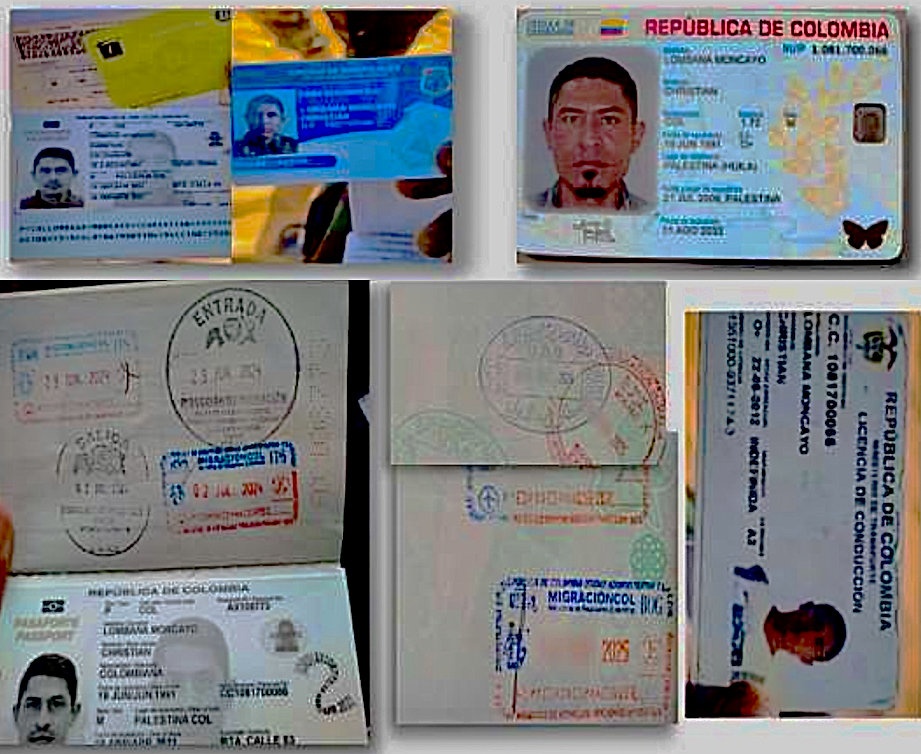
The documents further detailed movement plans leading to the city of El-Fashir in Sudan, documenting stages of departure from lodgings, weapons handovers, vehicle loading, and encounters with ambushes that caused casualties and temporary losses of personnel later recovered.
He also highlighted that the files outlined daily training programs, including physical drills, combat tactics, shooting practice, and field medical care. These were documented with photographs from a camp located 30 kilometers southwest of Nyala. The attaché emphasized that the documents contained shocking images of child recruitment, showing minors undergoing military training at the hands of mercenaries—a heinous crime against humanity, firmly rejected by Malaysian conscience, which has consistently opposed all forms of child exploitation.
Al-Hassan revealed that the documents listed requests for advanced weaponry such as RPGs, M203 grenade launchers, and 7.62mm machine guns, alongside night-vision devices and thermal scopes. They also included detailed logistical and medical supply needs, ranging from antibiotics (azithromycin, cephalexin, penicillin) to respirators, stretchers, surveillance equipment, as well as food supplies, water, tents, and blankets.
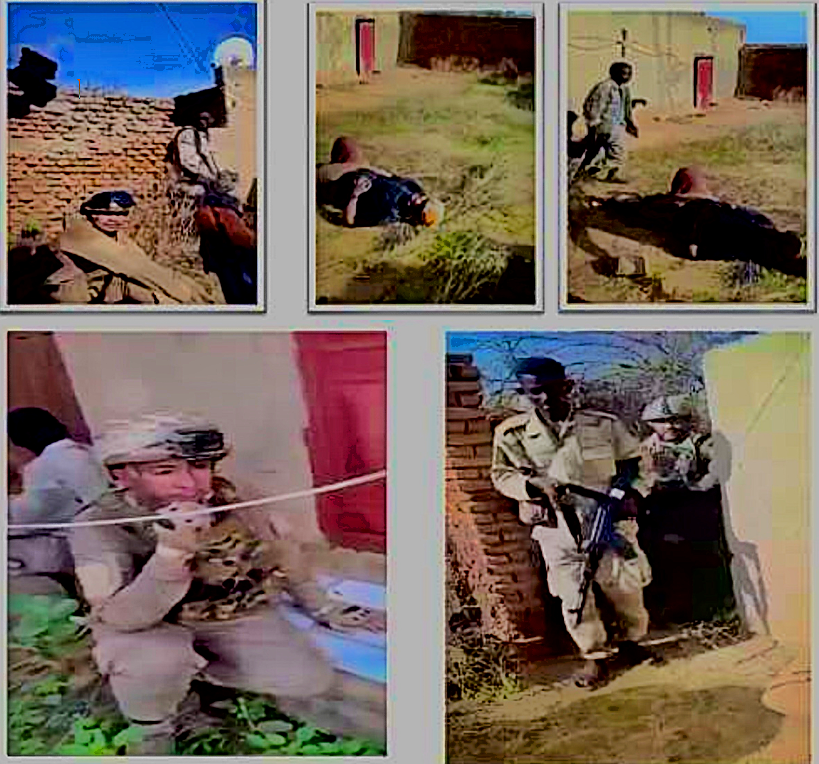
One particularly alarming document was titled “Chemical Weapons Requirement,” suggesting intentions to deploy internationally banned materials in blatant violation of international humanitarian law. The files also referred to technical annexes containing “Starlink” devices, with a formal request to reactivate them for secure field communications beyond surveillance.
The cache additionally included a flight schedule tied to RSF operations, documenting dates, takeoff and landing times, and mission objectives such as medical evacuation, supply runs, and reconnaissance, confirming the existence of organized air support.
The Sudanese diplomat stressed that these collected evidences prove the wide-scale, coordinated involvement of foreign mercenaries within the RSF. Their role, he explained, extended beyond fighting to include training, supply, organization, communications, and operational oversight, as well as grave violations like child soldier recruitment and planning the use of internationally banned weapons.
He warned that the continuation of this foreign intervention poses a grave threat to Sudan and regional stability. He urged the international community, the United Nations, and the African Union to assume full responsibility by launching an urgent international investigation into these violations, holding accountable those who facilitated mercenary recruitment, halting any external support that prolongs the war, and ensuring the protection of civilians while ending child soldier recruitment.
Al-Hassan concluded by emphasizing that Sudan’s plight requires solidarity from Malaysian public opinion, which has long supported just humanitarian causes. He affirmed that disclosing these facts from Kuala Lumpur is a message to the world that Malaysia—its people, media, and civil society—is not distant from the suffering of Sudanese people, and that its voice for peace and justice can play a decisive role in confronting these violations.
Since April 2023, Sudan has faced extraordinary circumstances after RSF militia assaults against the Sudanese state and its national institutions escalated into full-scale war targeting civilians, infrastructure, and the foundations of stability. This armed rebellion has plunged the country into a devastating cycle of violence, leaving hundreds of thousands dead or wounded, forcing millions into displacement, and pushing vast areas to the brink of famine.




